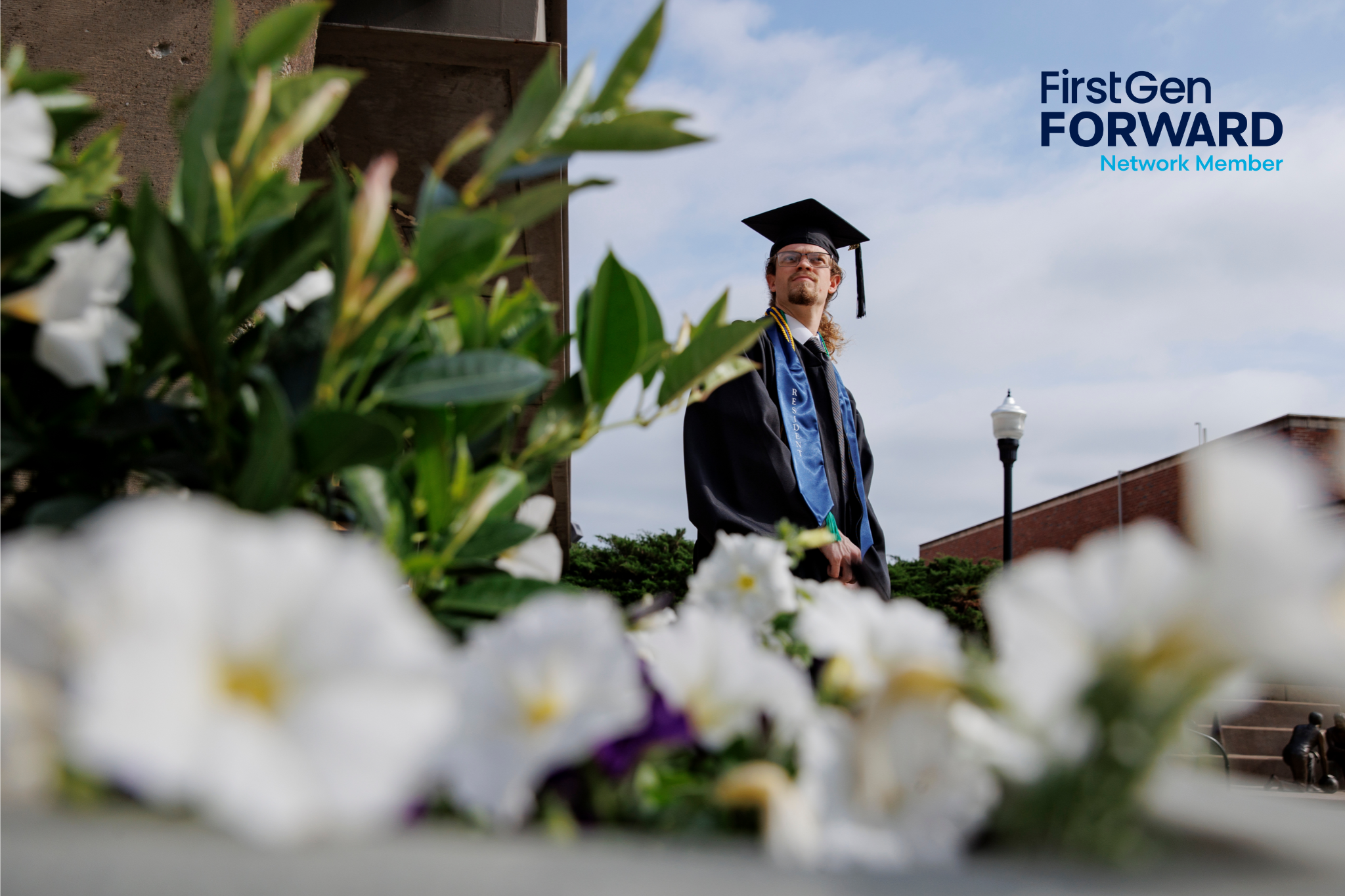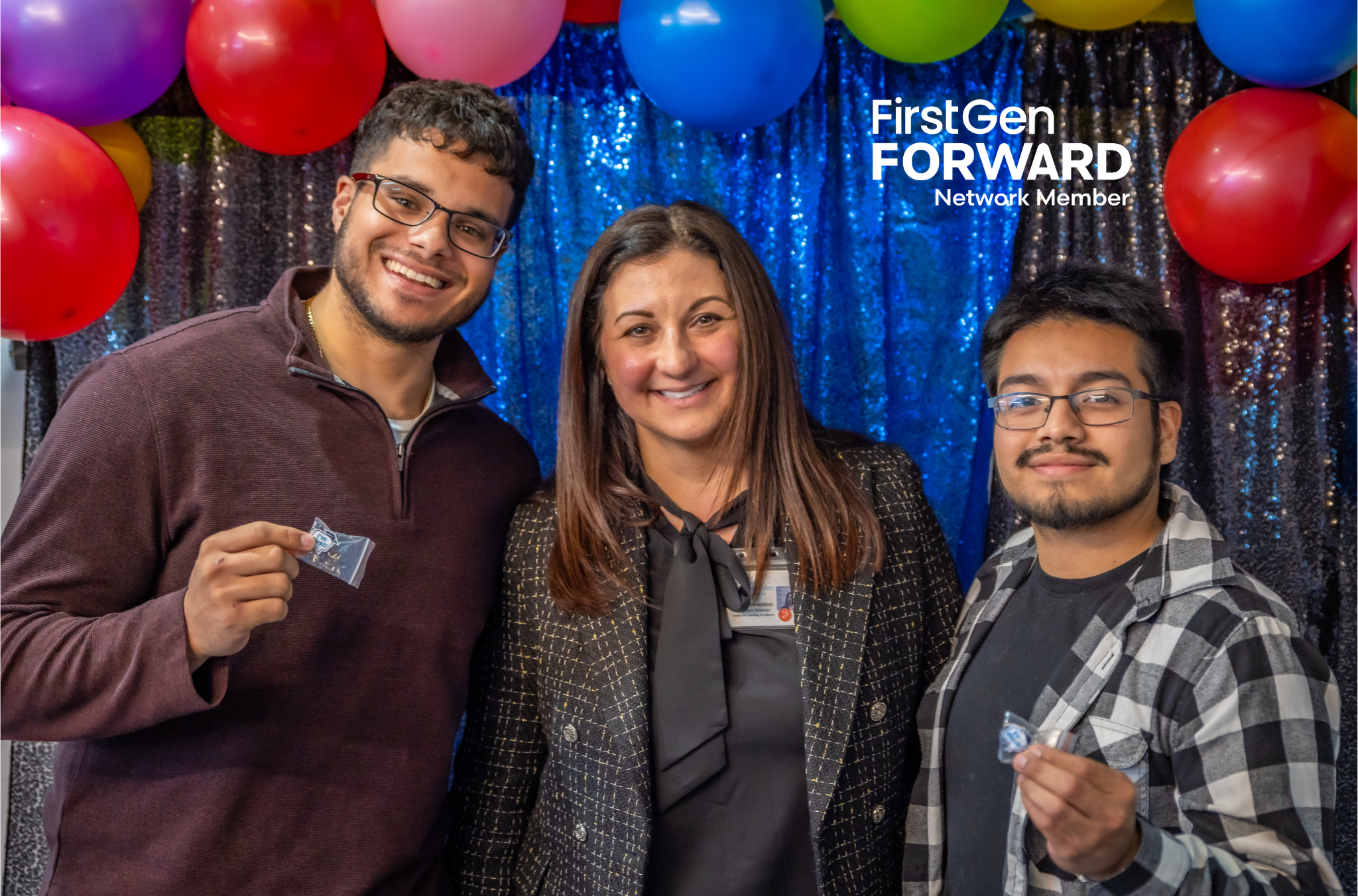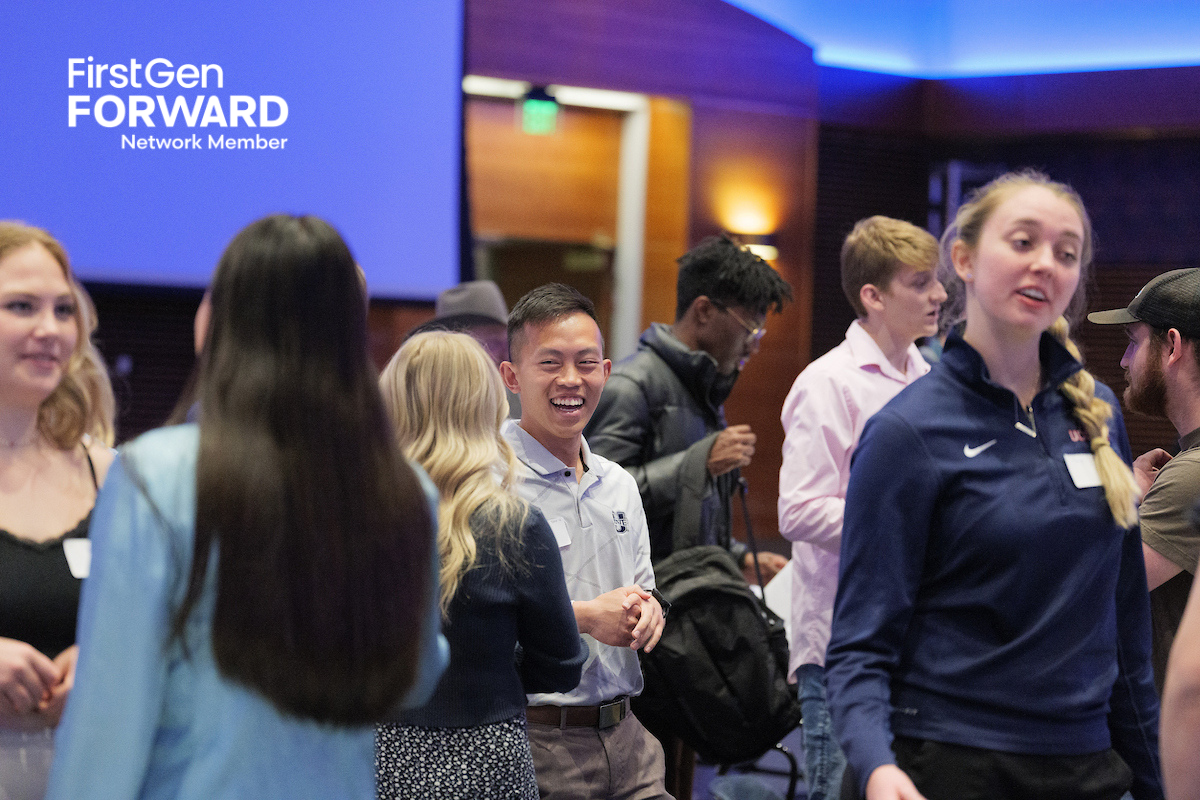When our institutional leadership team began ideating what this new push for improved first-generation student success at The University of Tennessee at Martin (UT Martin) would look like, we understood that our work was not simply about programming—plugging rigid inputs into an already rigid mechanism. Instead, it was about cultivation—listening to our students and adhering to their expressed values and needs to create an ecosystem where first-generation students don't just survive but truly thrive.
To gain insights from seasoned professionals and learn best practices, UTM proudly joined the FirstGen Forward Network as a 2024 cohort member. This collaboration instantly enhanced our ability to plan and build infrastructure, maintain credible accountability, and engage with a network of talented and dedicated peers who shared similar goals. Joining the Network also provided us with a head-start on understanding which evidence-based practices may best serve our students and our unique institutional posture.

Planting the Seeds: Building a Conducive Ecosystem
We recognized that this evolution must be one of collectivism, collaboration, and comprehensivity. To address these needs, we established the First Generation Advisory Council (FGAC) in Spring 2025—a 31-member cross-functional and malleable team comprised of 10 faculty, 10 staff, 10 students, and 1 member of the Chancellor’s Cabinet, united by a shared commitment to enhancing the first-gen experience at UTM. Like gardeners tending fertile soil, our work will foster an environment where potential can take root and inculcate meadows of success.
In Fall 2025, we will launch a central pillar of our infrastructure-building process: the FG Champions Circle. This faculty/staff support program aims to equip university employees with a collective identity, a targeted charge, pertinent education, and the confidence to engage with and effectively support our first-gen Skyhawks. The Circle will provide a consistent and authentic space for community and connection. Our hope is that it will transform our campus into one that fully embraces the first-gen identity as one of power and opportunity—combatting historical connotations of first-generation college students, which often signal deficits and lack.
“The Champions Circle will serve as a bridge connecting students with institutional support,” says Dr. Clinton Smith, FGAC faculty representative and chair of UTM's Department of Educational Studies. “It’s about seeing our students as individuals, beyond the broad labels we often assign. The Circle provides us, as practitioners, with the opportunity to understand their backgrounds and identities—both personal and as members of a historically underserved group—and determine how we can best support their journey toward success.”
Growing Connections: Cultivating Community
In addition to engaging our Champions, we are thrilled to introduce the Waymakers Ceremony—a dedicated annual celebration of our FG students and their circles of support. This gala-style ceremony will honor their hard work and resilience, while providing the opportunity to recognize and connect with institutional stakeholders and advocates. Slated to launch in April 2026, the Ceremony will provide a space for community and acknowledgement, shining a light on a community of true trailblazers who break down barriers and forge new paths to success.
The FGAC is designed to drive strategic engagement initiatives that amplify the voices and experiences of our FG Skyhawks, responding to their aspirations with a comprehensive range of supports. We aim to administer experiential learning and mentorship opportunities, financial support in the form of tuition stipends/scholarships and emergency funds, forums and focus groups, targeted workshops, community-building events, and the continuous championing of FG triumphs. By engaging with institutional, industrial, communal, commercial, and political spheres throughout the larger Skyhawk community, we hope to galvanize a robust ecosystem of opportunity and support for a demographic marked by tenacity and boundless potential.
"This journey isn't just about institutional success or individual acknowledgments," explains Dr. Mark McCloud, FGAC C-suite representative and Vice Chancellor for Access and Engagement. "It's about transforming the culture of the higher education industry and creating pathways for generational change. The traditional higher-ed space is not necessarily designed with first-generation college students in mind, so we must be deliberate in creating environments that address foundational inequities and which enrich unique potentialities."
Through shared toil and triumph, we plant seeds of inspiration for others, emboldening our commitment to universal first-gen student success—a pledge that drives our efforts as stewards of this industry and paragons for posterity.

Harvesting Change: A Vision for the Future
We recognize that first-generation student support is more than addressing perceived shortcomings as they arise. It's about acknowledging and removing systemic obstacles, building a community of understanding and support, celebrating students' inherent strengths, and creating ecosystems where every student can excel.
Our vision extends beyond campus boundaries. We are working to normalize first-generation success, not just in higher education but in broader holistic contexts. Each student we support becomes a symbol for the transformative power of education, the beauty of self-actualization, and the societal responsibility of collective cultivation.
At UT Martin, we're gardeners of potential—carefully preparing the soil, nurturing growth, and celebrating every bloom. As a land-grant institution, distinguished by a vocational history of agriscience, a fruitful future for our first-generation students and the communities they represent is just responsible crop management.
For more information on The University of Tennessee at Martin's approach, please visit their website here.



